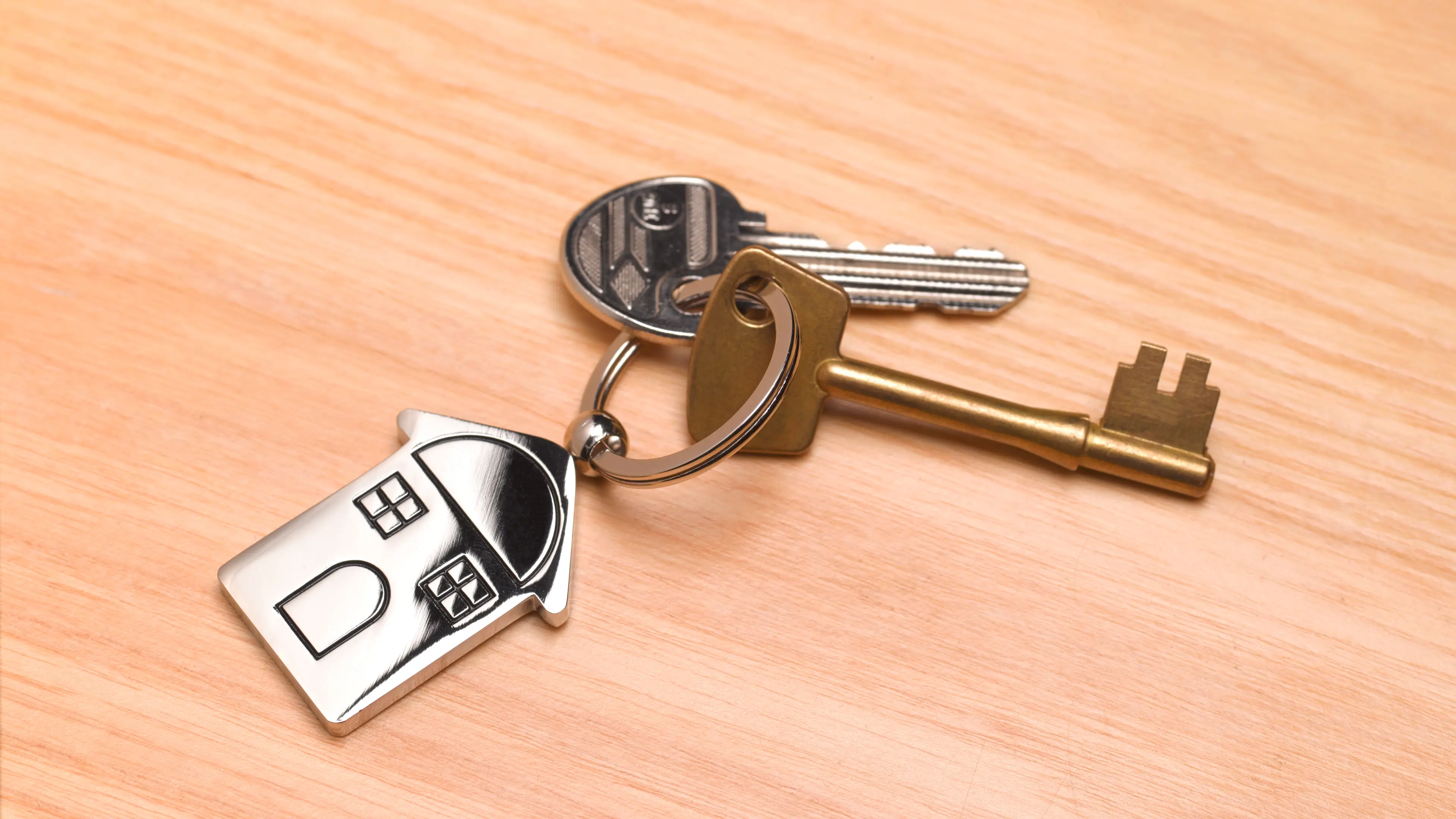
In a move that Brits haven’t really seen in nearly two decades, a 100 percent mortgage deal is launching today (16 May) with a variety of pros and cons.
Deposit-free schemes like this used to be more common in the UK but were pretty much stunted in the wake of the financial crisis back in 2008.
And with it seeming to become harder and harder to get onto the property ladder, April Mortgages' 100 percent loan-to-value (LTV) product may be pretty tempting to Brits.
Plus, with a recent cut from the Bank of England, maybe it is actually a better time to be buying a home - but there are still cons to this product.
Advert
Kate Fuller, business principal at Mortgage Advice Bureau, said (per Mortgage Solutions): “We haven’t seen 100% mortgages like this since 2008, so to see them finally return really shows how much positivity there is in the property market right now.”

What is a 100 percent mortgage?
Well, it’s just as it sounds - you borrow the full purchase price of a place without having to go through a deposit.
April Mortgages' No Deposit Mortgage is available on 10 and 15-year fixed terms with interest rates starting from 5.99 percent. In terms of those eligible, the company said there aren’t any restrictions on who can apply necessarily but that a household income of at least £24,000 is required.
Pros of a 100 percent mortgage
I mean, the first one is pretty obvious - you don’t have to put down a deposit in order to buy a home.
And plus, that means you could get on to the property ladder quicker and benefit from the increasing prices of houses.
There’s also a chance your mortgage repayments could be cheaper than renting in some areas of the UK.
Additionally, you may build up equity in your home and then once your introductory mortgage deal ends, remortgage it to a better deal.
Nick Mendes, a mortgage technical manager, said: “It is a smart, well-structured product that addresses today’s affordability challenges head-on and will undoubtedly help more people take that first step onto the property ladder with confidence.”

Cons of a 100 percent mortgage
There are cons to a scheme like this though, as those who use one may face higher interest rates than if they did one with a deposit.
It’s also easier to fall into negative equity and end up not being able to move out.
There’s also the trickiness in that you may have to use a guarantor as it can lead to awkwardness if you end up in financial difficulties.
Plus, taking out something like this might be a sign that you were not able to make big monthly payments and therefore, the repayments may be a challenge.
And broker from Fairer Finance, James Daley, warned people may be at risk of becoming ‘trapped’ in a scheme like this.
“I understand people are impatient to get on the property ladder and rising prices have kept it out of reach for many,” he said.
“But I am not convinced that the answer is to lend even more money to people and to waive the need for a deposit.
“People who have no equity have fewer choices and are much more vulnerable to falling into negative equity and finding themselves trapped.”